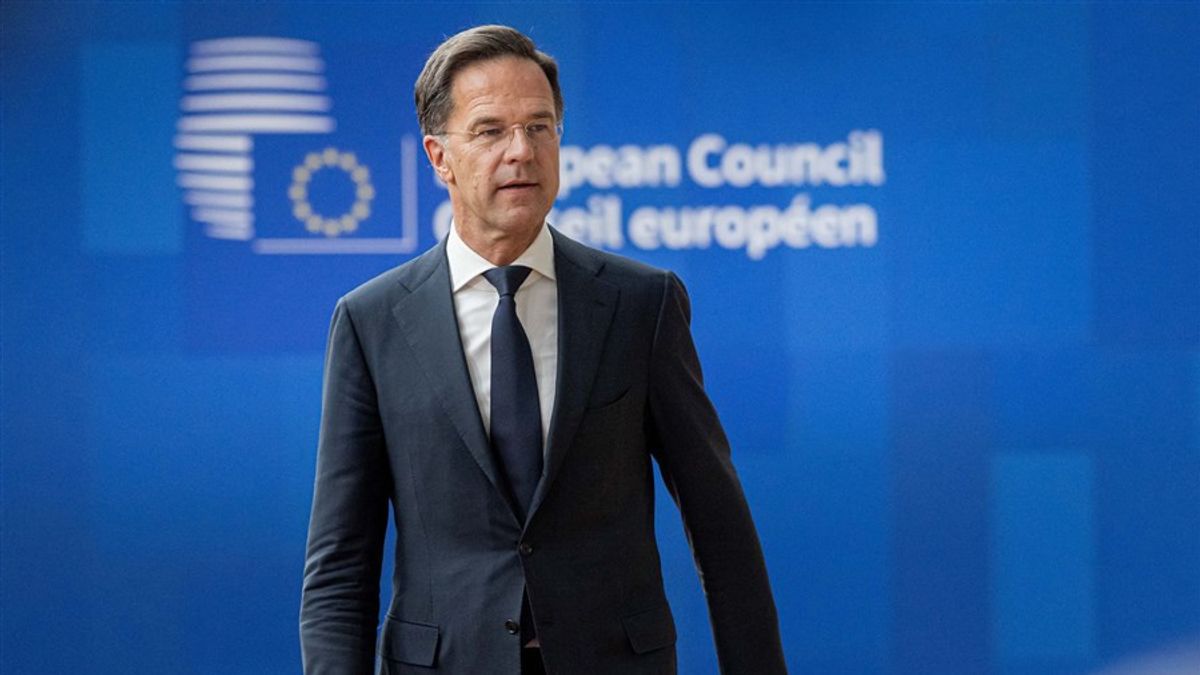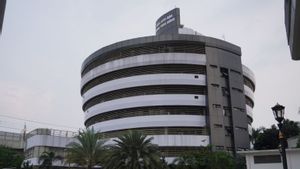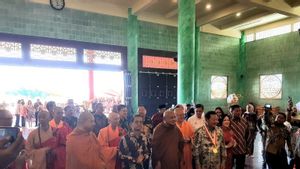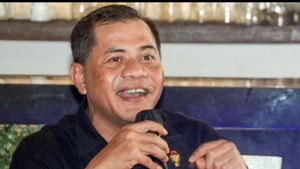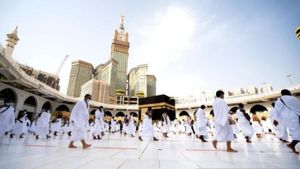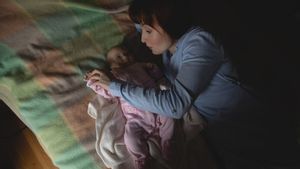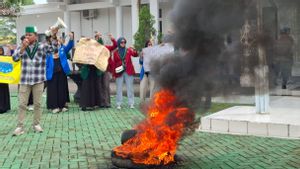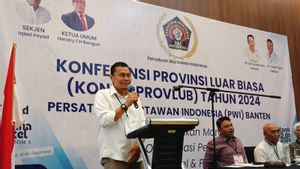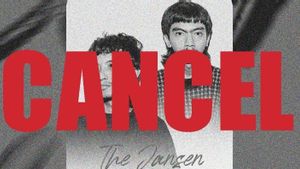JAKARTA - The Dutch government, led by Prime Minister Mark Rutte, collapsed after just a year and a half in power for failing to reach an agreement on asylum policy. Talks between the four parties on Friday, July 7 resulted in no agreement, domestic media reported.
Dutch Prime Minister Mark Rutte, who is the longest-serving leader in the Netherlands, led a crisis meeting between four coalition partners but failed to reach an agreement.
News of this resignation was widely reported in the Netherlands for several hours on Friday night before Rutte confirmed the resignation in a statement.
Het is geen geheim dat de coalitiepartners heel verschillend denken over het migratiebeleid. En vandaag moeten we helaas de conclusie trekken dat die verschillen onoverbrugbaar zijn. Daarom heb ik het ontslag van het voltallige kabinet aangeboden aan de Koning. Volledig… pic.twitter.com/iIbxtichRh
— Mark Rutte (@MinPres) July 7, 2023
Het is geen geheim dat de coalitipartners heel verschillend denken over het migratiebeleid. En vandaag moeten we helaas de konclusie tracken dat die verschillen onoverbrugbaar zijn. Herom heb ik ontslag van het voltallige cabinet aan de Koning. Volledig... pic.twitter.com/ibxtichRh
"Tonight unfortunately we reached the conclusion that these differences could not be resolved. Therefore, in a short time I will submit my written resignation to the king on behalf of the entire government," Rutte told a news conference.
Rutte, leader of the central-right VVD party, the biggest party in the four-party coalition, wants to tighten restrictions on the reunification of asylum-seeking families, following last year's scandal about overcrowded asylum centers.
He asked the number of war refugee families allowed into the Netherlands to be limited to 200 people per month, and had threatened to bring down the government if the move was not approved.
VOIR éGALEMENT:
Two coalition partners, including Christen Unie - The Christian Democratic Party, which received the main support of "P Bible Cyber" in central Netherlands, firmly opposed the proposal.
Both Christen Unie and D66, the left-wing party in the rainbow coalition, see the matter as a less important issue compared to VVD Rutte.
The four parties held crisis meetings on Wednesday and Thursday to save a shaky government, which was just sworn in in January 2022.
Rutte said on Friday night that there was no secret that the coalition had dissent on the matter, and described it as "very unfortunate, but a political reality."
The number of asylum applications in the Netherlands increased by a third last year to more than 46.000, and the government has projected that this number could increase to more than 70,000 this year, which exceeded the previous highest number in 2015.
Requests for asylum and migration have been difficult for Rutte for years due to powers of far-right parties in the Netherlands, especially the Gelert Wilders party, and threats posed to central right-wing parties like his VVD.
The most likely outcome is a new general election, much earlier than the date scheduled for 2025.
The opposition immediately asked for a vote on Friday. Geert Wilders, leader of the Anti-immigration Freedom Party (PVV), submitted the request via Twitter with the words "fast election now." Jesse Klaver, leader of the Green Left Party also asked for elections and told Dutch broadcaster NOS: "This country needs a change of course."
It is also possible that the king would ask other political leaders to try to form a coalition, but given the parliamentary arithmetic, it seems very unlikely.
Elections in the Netherlands at the end of 2021 are widely spread. It took about nine months to find a coalition that worked after that.
Rutte hopes his party can emerge as the strongest party after a consecutive fifth election and try to form a new coalition, perhaps with a changing landscape in parliament. He managed to do so in 2021 after his administration resigned due to a child care scandal but later became the best in elections a few months later.
The English, Chinese, Japanese, Arabic, and French versions are automatically generated by the AI. So there may still be inaccuracies in translating, please always see Indonesian as our main language. (system supported by DigitalSiber.id)
